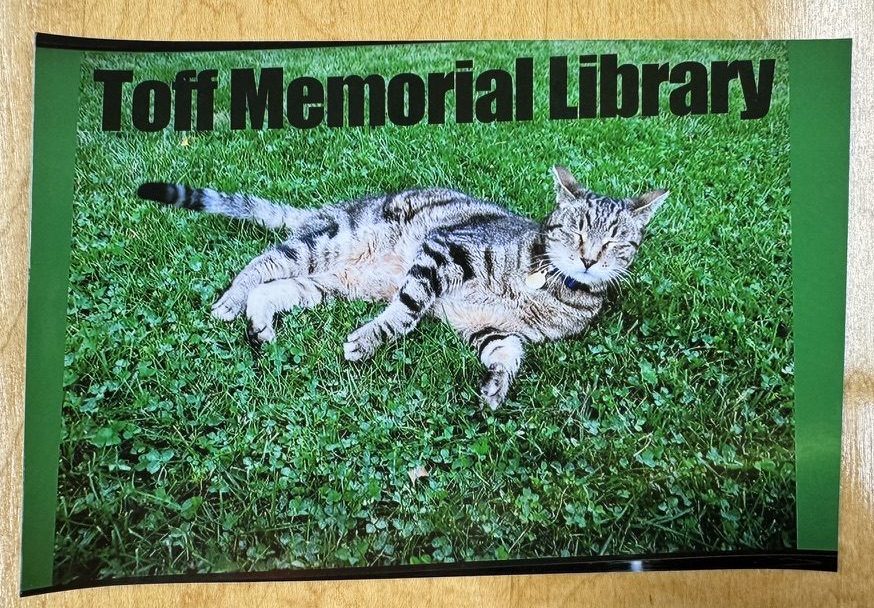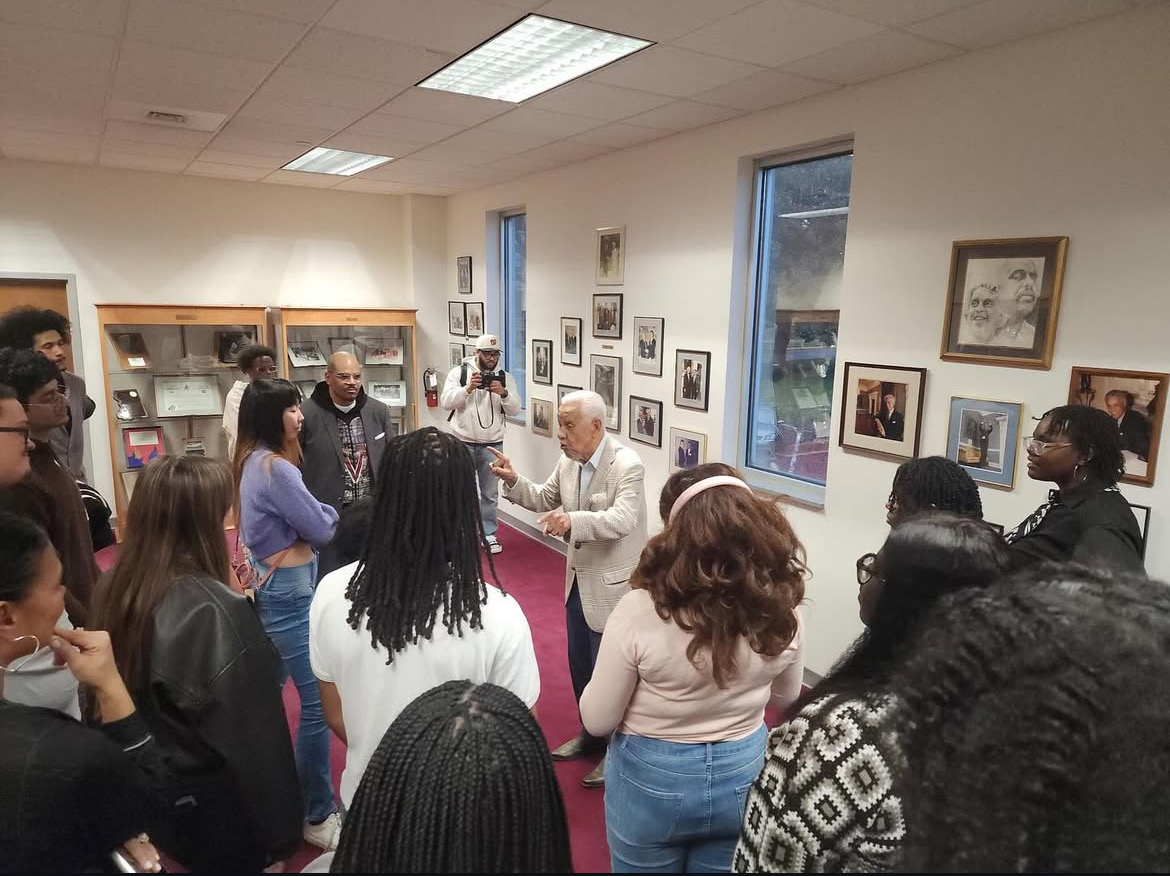In late January, Kristen Vogel started her position as Assistant Director of the Writing Center and Coordinator of Multilingual Writing Support. Having previously worked in a similar field at Pace University in New York City, she said, “it felt so perfect that this job opened up right around the time that I moved here, and I thought it was a great opportunity to keep doing this kind of work.” Vogel’s position involves supporting multilingual students and their professors with building writing skills, assessing writing assignments and adjusting to the college community.
Vogel’s work with multilingual people started with volunteer work at a public library in Illinois. She “facilitated conversation with mostly immigrants that were newer to the country and wanted to improve their English for practical purposes.” She found this work incredibly rewarding, saying “It was so motivating to see that people needed that and I could help them, it felt really fulfilling and they were really happy to have someone there who was excited to provide them with resources.”
After getting a masters degree in Teaching English to Speakers of Other Languages (TESOL) at the University of Illinois, she began to teach there, serving multilingual students of all backgrounds, both international and domestic.
Before moving to Northfield, Vogel worked with multilingual students in the writing center at Pace University. She is excited to be working at a smaller school, because “Pace was just very big…I was able to get to know people well in the writing center but there are just so many people…It’s great here that I can just talk to a professor and they know immediately which student I’m talking about and everybody gets to know each other really well, once you know people individually you can serve them better.”
The hiring process for her position consisted of interviewing over the phone and coming to campus for a day to meet her potential colleagues. “I had a full day of talking with staff in the ASC, meeting with faculty and current writing consultants and seeing what they were hoping with out of this position, international students, and a bunch of directors of different programs like OIL and the ISL,” Vogel said. “There was a huge variety of people which was really fun.”
The definition of “multilingual” is one that many people aren’t familiar with, which can prevent students who do qualify for support from getting the help they need. “People often think multilingual means international students, but it really doesn’t, it does include international students, but they are one subset of many different kinds of writers,” Vogel said. To her, a multilingual writer is “Someone who has another language they are familiar with, and maybe they are really comfortable writing in English or they might not be.”
“We try to continually broaden what it means to be multilingual in order to make our services available to anyone who might benefit from them,” she said.
Given that the definition of a multilingual writer can be unfamiliar to some, professors might not know how to instruct and support their students with complex language backgrounds. “Sometimes faculty feel like they don’t know how to address the needs of multilingual students and they don’t know how to assess the writing, and then multilingual students don’t know how to meet their professors’ criteria,” Vogel said. Her job is to assist both students and faculty in all things writing, from helping students with assignments and skills to helping professors communicate with and provide feedback to multilingual students. “It’s important to create a bridge between the students and faculty,” she said.
Vogel emphasized the availability of the different resources the writing center and Academic Skills Center (ASC) has to offer. One program in particular is the writing center’s Term-Long Program, which is open to “writers, whatever their background is, they don’t have to be multilingual, can meet with a consultant for the entire term, if people are reading this and are looking for that kind of support, we are always happy to have people apply.” While a lot of Carleton students are unaware of support options like the Term-Long Program and Multilingual Writing support, these services have been around for more than 10 years. This means that students who need support but don’t know how or where to get it don’t get the writing help that they need. “I want people to work with me, even if people are not sure if they qualify as ‘multilingual’, because we have many people that they can work with,” Vogel said.
Even though she has only been working at Carleton for a few weeks, she really appreciates the environment of the college space. “It’s such a collaborative community here that is such a fun thing to have, creating partnerships across campus and working to help students,” she said.
Vogel has acclimated to her new environment very well, saying “I am so comfortable here already which is kind of amazing, I have worked at a lot of different universities which were all really great but they were all very big, so it’s nice to be at a small college where the vibe is so different, and the ability to connect with people across campus has been really easy and people are very open…I’m looking forward to meeting more students can access support they need.”











